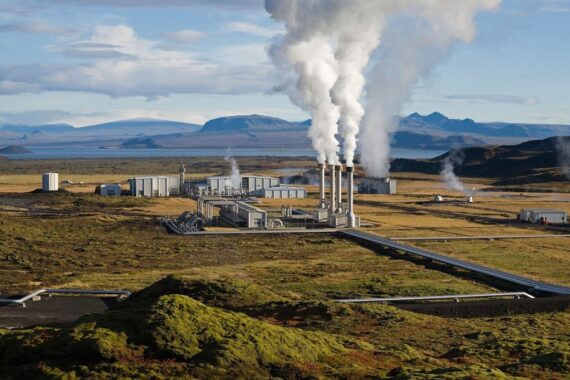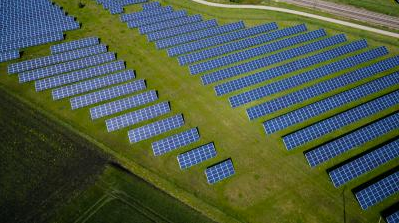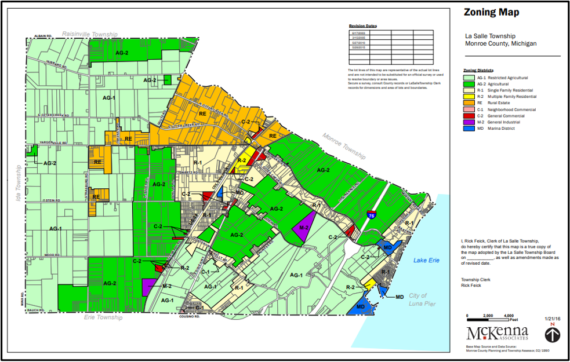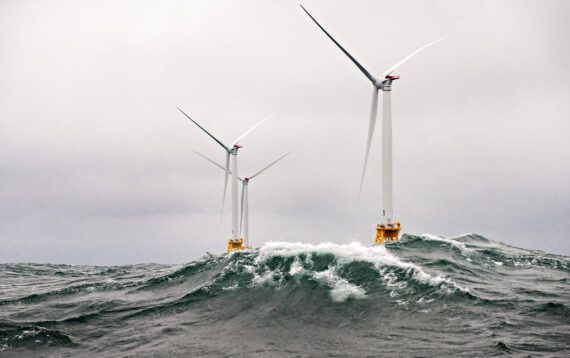The rising interest in artificial intelligence and data centers has sparked discussions on how to meet the immense power demand from data centers in a carbon-responsible manner. Many data center operators have 100% clean energy pledges, but regulatory barriers can make meeting these goals challenging. This is particularly true […]
Clean Energy
The Sabin Center’s newest publication, Enforcing Legacy Environmental Liabilities on the Outer Continental Shelf, examines legal strategies to hold the former owners of offshore oil and gas infrastructure, like rigs, wells, and pipelines, liable for the costs of “decommissioning” their facilities—plugging wells, removing offshore installations, and generally making the site […]
The 2022 Inflation Reduction Act (IRA) represents the largest investment in climate action in U.S. history. In the two years since its enactment, the IRA has spurred a flurry of activity aimed at reducing greenhouse gas emission, and protecting communities from the impacts of climate change. But there is still […]
With the Biden administration setting ambitious targets to reduce greenhouse gas emissions and transition to a clean energy future, the need for swift and efficient deployment of renewable energy projects has never been more urgent. Although the current permitting process is designed to ensure environmental protection and public safety, many […]
Over the last 10 years, dozens of townships in Michigan have effectively halted renewable energy development by adopting severe zoning restrictions, such as moratoriums. Many of these local restrictions, however, may become moot after November 29, 2024, when a new state law that reforms the siting process for large-scale wind, […]
Over the past few years, opponents of offshore wind energy have filed at least 15 lawsuits against 5 projects in federal court. One tactic that plaintiffs in these lawsuits sometimes use is to move for a preliminary injunction to halt construction until the court reaches a final decision on the […]
Last week, the U.S. Environmental Protection Agency announced the 25 successful applicants for a shared $4.3 billion in implementation funding under the Inflation Reduction Act’s (IRA) Climate Pollution Reduction Grant (CPRG) program. The grants will enable investments in solar projects, building energy-efficiency upgrades, the buildout of electric vehicle charging infrastructure, […]
The draft of New York’s Clean Energy Standard Biennial Review was published July 1 by New York State Department of Public Service (NYS DPS) and New York State Energy Research and Development (NYSERDA). It illuminates the challenge ahead for New York to meet the clean energy goals of the Climate […]








